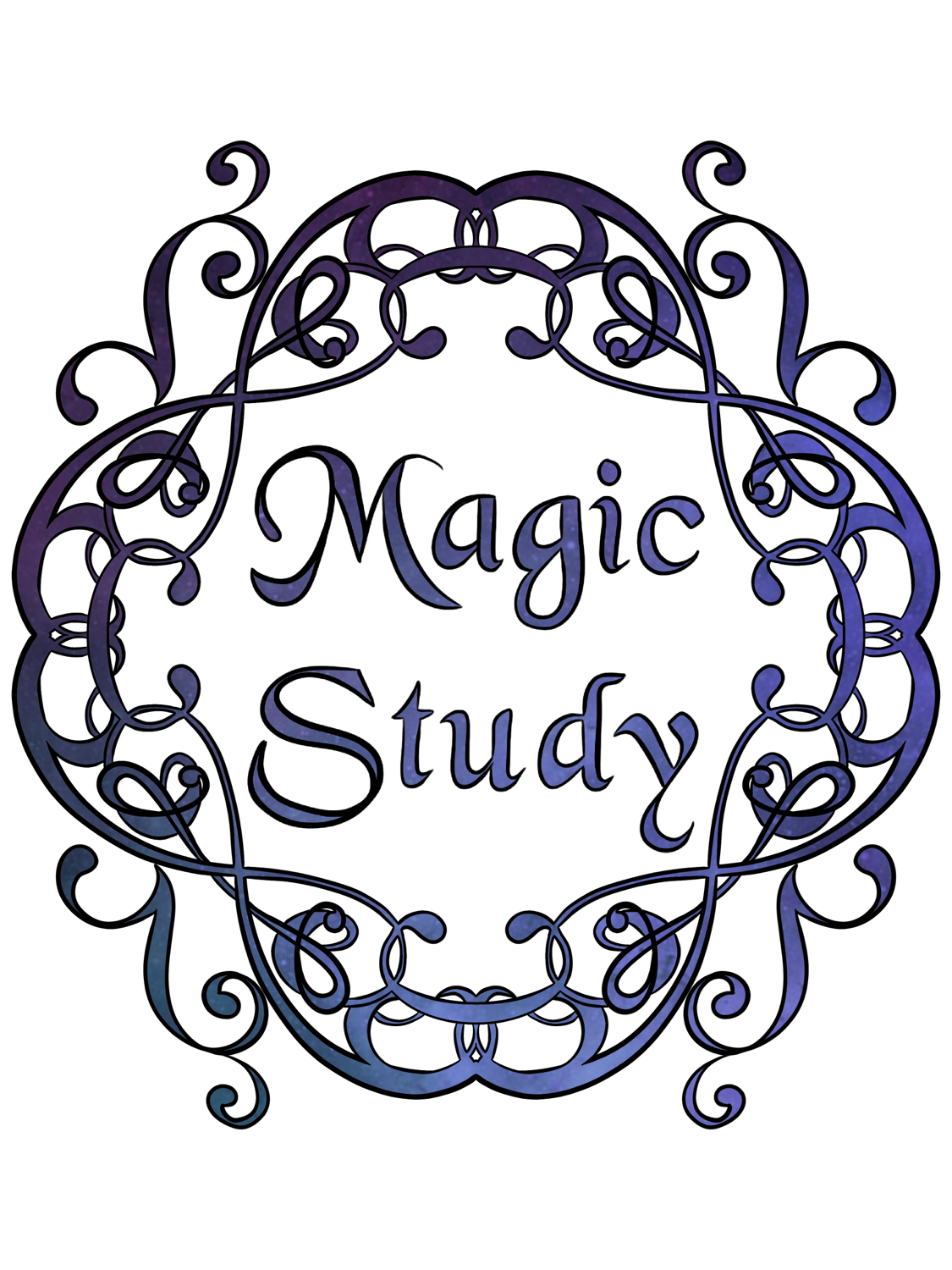Aesop’s Fables
- magicstudent

- Nov 10, 2024
- 2 min read
Updated: Dec 27, 2024

Aesop is the name of a legendary man who lived in Ancient Greece. He’s famous for the many stories attributed to him. No original writings by him survive, so it’s possible he wasn’t even real… but it’s also possible he simply didn’t know how to write and only told the stories verbally, since he started his life as a slave. The legend is that he gained freedom through his cleverness. Having been asked to help interpret an omen, Aesop pointed out that it was improper for a slave to speak to an assembly of free men, and so he was granted his freedom.
The vast majority of his fables star anthropomorphic animals. One theory as to why that is: he likely related to animals more than to humans, since enslaved people were not seen as actual humans. Maybe the animals are why his stories have lasted through the centuries; they would have stood out in a culture of humans only concerned with other humans.
Many stories were attributed to Aesop, and they can be found here. I loved his stories as a child, but being an adult can give a new perspective on many of them, so I recommend reading them if you haven’t in a while. They come with morals and were possibly the first widely shared stories to do so.
So, what does this have to do with magic? Fables, fairytales, and folk legends can capture a lot when you look into the details. One obvious thing in Aesop’s fables is that each animal has a distinct personality. Foxes are tricksters. Donkeys are vain jackasses (hehe). Ants are hard-working. These motifs give us a clear understanding of what animals can be best to invoke for certain castings.
Many of these stories have a theme suggesting that we should stop and think before acting. The crow fell to flattery and lost her cheese to the fox. The dog tried to steal his own reflection's bone and ended up dropping his real bone into the water. The lion, who does manage to stop and think before acting, decides that the donkey isn't worth his time. You might think this isn't related to magic at all, but force of Will is incredibly important. You have to think things through, know what you're doing, and have the resolve to do it. You also need to know when something isn't worth the energy. Of course, these are also useful skills in mundane life.
Unsurprisingly, Aesop's fables reference the Roman/Greek gods fairly often. If you're Hellenic, this could be a good resource for you. We learn that Juno/Hera gave the peacock beautiful feathers because he didn't want to be plain like other birds, for example.
I highly recommend reading the stories for yourself and coming up with your morals before reading the 'official' moral. There can be some great insight that way. Pay attention to any details that stand out to you and try to decide why they stand out; messages can come from many places.
That's all I've got for this topic. Happy reading! =)
Stay safe!
- me




Comments